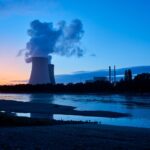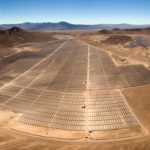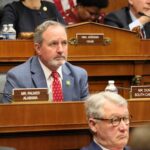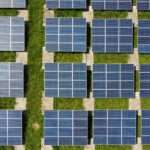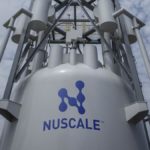
Brian Martucci writes in UtilityDive about states’ efforts to deploy advanced nuclear power.

- While the federal government is advancing important legislation for nuclear power, states are also ultimately leading the way.
- In Wyoming, laws have made it easier to build nuclear power which has allowed TerraPower to begin construction on its next-generation Natrium reactor.
- Virginia meanwhile passed several bills last year to invest in nuclear energy R&D and bolster the workforce.
“The Virginia Department of Energy’s Davis pointed to the recently announced Microsoft-Google-Nucor 24/7 clean electricity RFI as an opportunity for advanced nuclear power in southwestern Virginia, where a state-funded feasibility study last year identified seven promising SMR sites on or near decommissioned mine lands and the state-supported Energy DELTA Lab will ‘deploy innovative and clean energy technologies,’ including nuclear, that could support hyperscale data center and low-carbon hydrogen production clusters.”
Read the full article here.

